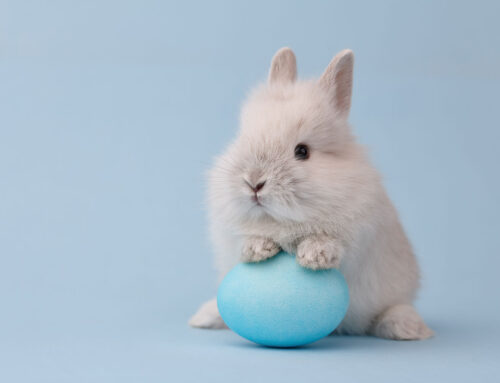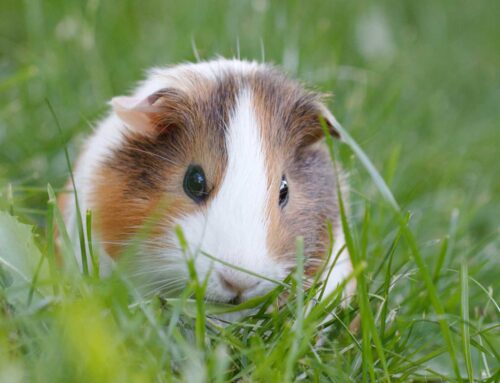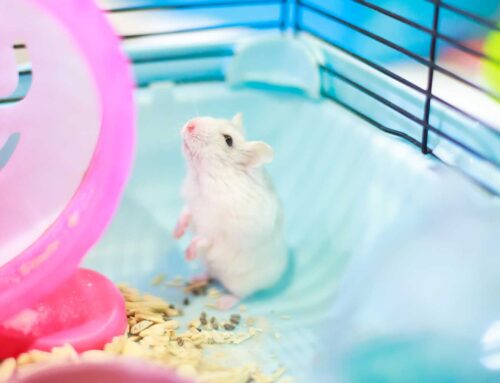Housing
- Rats like to gnaw, so a cage made of wire with a plastic bottom, or an aquarium with a mesh roof is recommended.
- Ventilation is very important as the build-up of ammonia from the mouse’s urine can lead to the development of respiratory disease.
- Cages should be cleaned frequently and all uneaten food and faeces removed daily.
- A form of absorbent bedding and nesting material such as shredded newspaper should be provided.
- Provide shelter for hiding and sleep eg, a plastic house from a pet shop or a piece of plastic drain pipe (both are easy to clean).
- Rats are intelligent animals and will enjoy supervised play out of the cage as well as a variety of toys such as tunnels, boxes and ladders.
Feeding
- Ideally your rat should be offered a balanced selection of fresh vegetables and fruit such as peas, beans, corn, carrots, broccoli, apples, grapes etc. A commercial rodent diet should be made available occasionally.
- Once to twice weekly you can offer small amounts of pasta, rice, toast, eggs, chicken and other meats.
- Fresh water should be available at all times.
Health Care
- Common health problems in rats are respiratory disease (bacteria or viral), mammary (breast) tumours, and skin disease such as mite infestations.
- Many rats enjoy a bath but supervise them at all times and ensure they are dried thoroughly afterwards. Frequent bathing may strip the skin of essential oils and cause skin problems.
- “Red tears” are a sign of stress and can indicate pain or an underlying disease
We welcome you to book an appointment or visit us to discuss how to keep your rat in optimal health.






